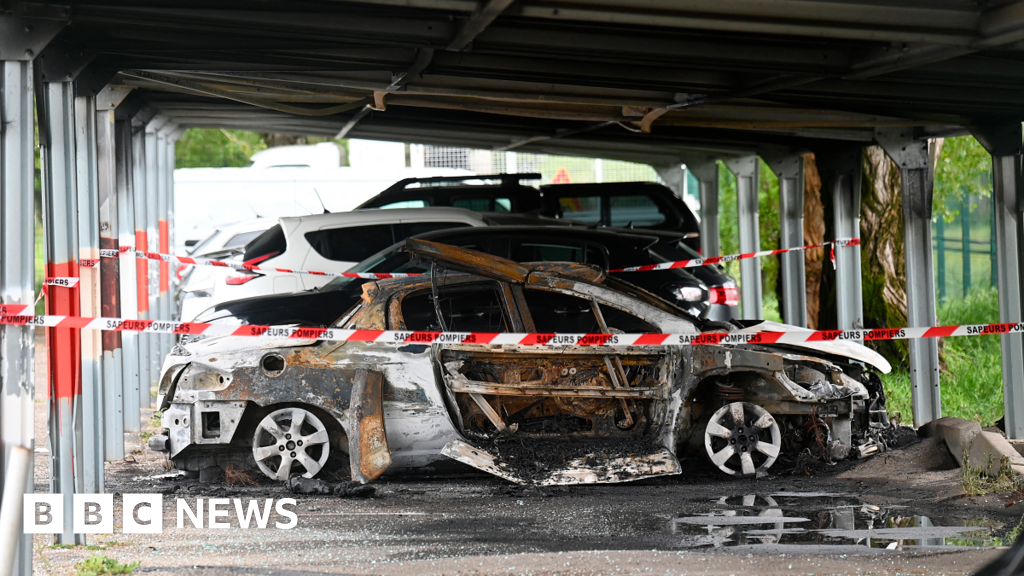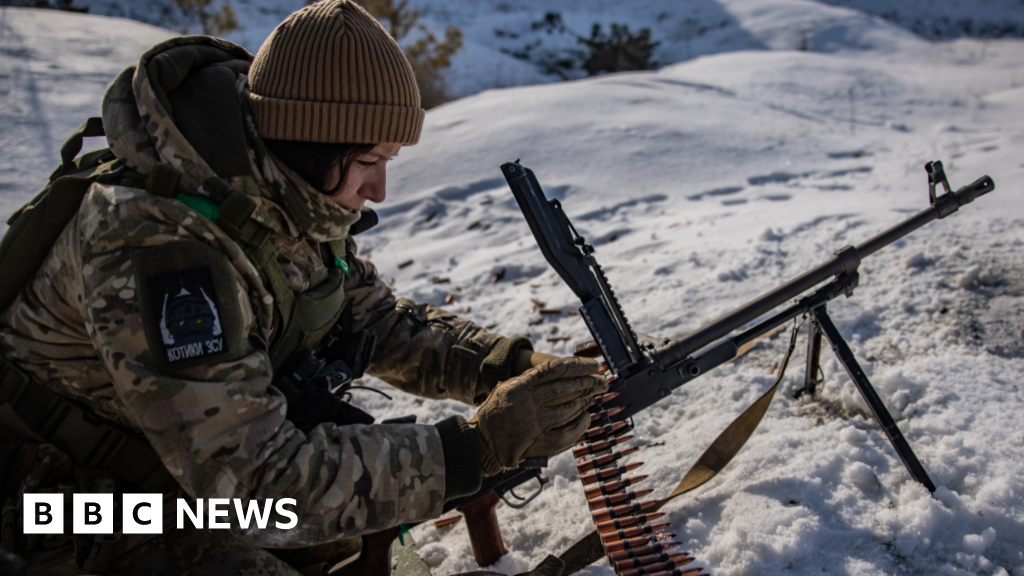ARTICLE AD BOX
By Larissa Kennelly
BBC News
An Afghan man who worked as an interpreter for the British army has said that he is "in hell" waiting to be evacuated from Afghanistan.
The man said colleagues who also worked as interpreters had already faced warnings from the Taliban.
He said the reason they were suffering is because they had worked for the British army.
He added he had been queuing at the airport with his wife and four-month-old daughter for more than 24 hours.
The interpreter is one of thousands of people said to be waiting to board flights at Kabul's international airport, just over a week after the Taliban seized the capital.
The UK is working with US forces to evacuate people before the 31 August deadline when US forces say they will withdraw.
"You are waiting 14, 15 hours without water, without food," he told BBC Radio 4's Today programme, "you can see lots of people over here, thousands of people".
"There is no way for us to go in and ask someone. I'm actually trying to find somebody from [the] British embassy just to ask them what's happening with us."
"I'm always sending emails, tens of emails, and I asked them please help us. And they just sent me one email back, that we should wait. I don't know what to do."
The man, who cannot be named for security reasons, said the heat was becoming unbearable for them, with temperatures reaching 40C.
"[My daughter] is just four months old. She's just four months old," he said. "She is screaming, crying, she is very uncomfortable. And what to say?"
"Some of my friends have already faced many issues, like they have already got warnings from Taliban. Some people came [to the] door for us, and they asked about us.
"There's hundreds of other interpreters, their lives are in danger. And their futures are very uncertain. And I think we are in a hell."
Armed Forces minister James Heappey told BBC Breakfast that 6,631 people had been evacuated from Afghanistan in the past week, and that nine flights were planned for a 24-hour period.
Afghan interpreters and others who worked for the UK government can come to the UK as part of the Afghan Relocations and Assistance Policy (ARAP).
But the man who spoke to the BBC is one of those still waiting. Mr Heappey said more than 2,000 Afghans were still due to be evacuated under the scheme.
Pleading directly to the British authorities, the interpreter said: "I was with you everywhere, I was with you in a very dangerous zone.
"I don't want food from them, I don't want a shelter from them, I just want them to take me out of this hell, please."

 3 years ago
179
3 years ago
179








 English (US) ·
English (US) ·